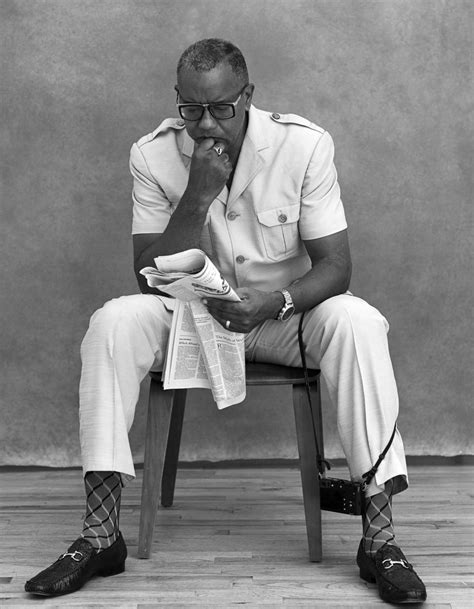A Quote by William S. Burroughs
This is a war universe. War all the time. That is its nature. There may be other universes based on all sorts of other principles, but ours seems to be based on war and games.
Related Quotes
This is a war universe. War all the time. That is its nature. There may be other universes based on all sorts of other principles, but ours seems to be based on war and games. All games are basically hostile. Winners and losers. We see them all around us: the winners and the losers. The losers can oftentimes become winners, and the winners can very easily become losers.
We are in a war of a peculiar nature. It is not with an ordinary community, which is hostile or friendly as passion or as interest may veer about: not with a state which makes war through wantonness, and abandons it through lassitude. We are at war with a system, which by its essence, is inimical to all other governments, and which makes peace or war, as peace and war may best contribute to their subversion. It is with an armed doctrine that we are at war. It has, by its essence, a faction of opinion, and of interest, and of enthusiasm, in every country.
War is the realm of uncertainty; three-quarters of the factors on which action in war is based are wrapped in a fog of greater or lesser uncertainty. ... war is the realm of chance. No other human activity gives it greater scope; no other has such incessant and varied dealings with this intruder. Chance makes everything more uncertain and interferes with the whole course of events.
The post-Second World War simple system of social democracy and organized labour has fragmented massively, but just because people aren't organized in workplace trade unions doesn't mean they aren't in associations with other people - work-based, place-based, culture-based, sport-based, faith-based - there's a bit of an old rainbow coalition argument.
War is a barbaric tool of the war profiteers and Empires who employ them. War pits young people from the working class against other similarly poor, or disadvantaged humans, for nothing but the greed of the few. Only we the people can make war obsolete by not participating in the profound crimes of the profiteers and other war mongers.
It seems to me an utterly futile task to prescribe rules and limitations for the conduct of war. War is not a game; hence one cannot wage war by rules as one would in playing games. Our fight must be against war itself. The masses of people can most effectively fight the institution of war by establishing an organization for the absolute refusal of military service.
Is war an inevitable outcome of competing interests in a complex society? In other words, would war be the same even if human nature were very different? There are mathematical models of large groups working together that lead to conflict on a reliable basis. So there's a whole other view of war that is not psychological at all.
The casualties in the Civil War amount to more than all other wars - all other American wars combined. More people died in that war than World War II, World War I, Vietnam, etc. And that was a war for white supremacy. It was a war to erect a state in which the basis of it was the enslavement of black people.




































